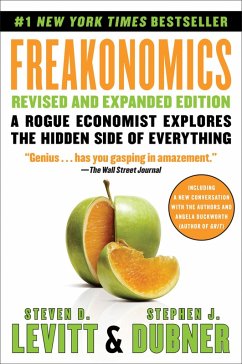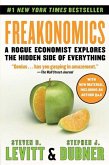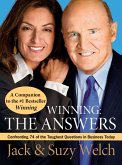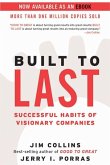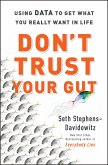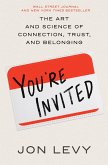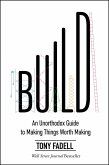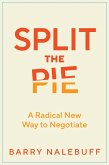These may not sound like typical questions for an economist to ask. But Steven D. Levitt is not a typical economist. He is a much-heralded scholar who studies the riddles of everyday lifefrom cheating and crime to sports and child-rearingand whose conclusions turn conventional wisdom on its head.
Freakonomics is a groundbreaking collaboration between Levitt and Stephen J. Dubner, an award-winning author and journalist. They usually begin with a mountain of data and a simple question. Some of these questions concern life-and-death issues; others have an admittedly freakish quality. Thus the new field of study contained in this book: Freakonomics.
Through forceful storytelling and wry insight, Levitt and Dubner show that economics is, at root, the study of incentiveshow people get what they want, or need, especially when other people want or need the same thing. In Freakonomics, they explore the hidden side of . . . well, everything. The inner workings of a crack gang. The truth about real-estate agents. The myths of campaign finance. The telltale marks of a cheating schoolteacher. The secrets of the Ku Klux Klan.
What unites all these stories is a belief that the modern world, despite a great deal of complexity and downright deceit, is not impenetrable, is not unknowable, andif the right questions are askedis even more intriguing than we think. All it takes is a new way of looking.
Freakonomics establishes this unconventional premise: If morality represents how we would like the world to work, then economics represents how it actually does work. It is true that readers of this book will be armed with enough riddles and stories to last a thousand cocktail parties. But Freakonomics can provide more than that. It will literally redefine the way we view the modern world.
Bonus material added to the revised and expanded 2006 edition
- The original New York Times Magazine article about Steven D. Levitt by Stephen J. Dubner, which led to the creation of this book.
- Seven Freakonomics columns written for the New York Times Magazine, published between August 2005 and April 2006.
- Selected entries from the Freakonomics blog, posted between April 2005 and May 2006 at http://www.freakonomics.com/blog/.
Dieser Download kann aus rechtlichen Gründen nur mit Rechnungsadresse in A, B, BG, CY, CZ, D, DK, EW, E, FIN, F, GR, HR, H, I, LT, L, LR, M, NL, PL, P, R, S, SLO, SK ausgeliefert werden.
"If Indiana Jones were an economist, he'd be Steven Levitt... Criticizing Freakonomics would be like criticizing a hot fudge sundae." - Wall Street Journal
"The guy is interesting!" - Washington Post Book World
"The funkiest study of statistical mechanics ever by a world-renowned economist... Eye-opening and sometimes eye-popping" - Entertainment Weekly
"Steven Levitt has the most interesting mind in America... Prepare to be dazzled." - Malcolm Gladwell, author of Blink and The Tipping Point
"Principles of economics are used to examine daily life in this fun read." - People: Great Reads
"Levitt dissects complex real-world phenomena, e.g. baby-naming patterns and Sumo wrestling, with an economist's laser." - San Diego Union-Tribune
"Levitt is a number cruncher extraordinaire." - Philadelphia Daily News
"Levitt is one of the most notorious economists of our age." - Financial Times
"Hard to resist." - Publishers Weekly (starred review)
"Freakonomics is politically incorrect in the best, most essential way.... This is bracing fun of the highest order." - Kurt Andersen, host of public radio's Studio 360 and author of Turn of the Century
"Freakonomics was the 'It' book of 2005." - Fort Worth Star-Telegram
"An eye-opening, and most interesting, approach to the world." - Kirkus Reviews
"An unconventional economist defies conventional wisdom." - Associated Press
"A showcase for Levitt's intriguing explorations into a number of disparate topics.... There's plenty of fun to be had." - Salon.com
"One of the decade's most intelligent and provocative books." - The Daily Standard
"Freakonomics challenges conventional wisdom and makes for fun reading." - Book Sense Picks and Notables
"The trivia alone is worth the cover price." - New York Times Book Review
"An easy, funny read. Many unsolvable problems the Americans have could be solved with simple means." - Business World
"Economics is not widely considered to be one of the sexier sciences.... Steven D. Levitt will change some minds." - Amazon.com

